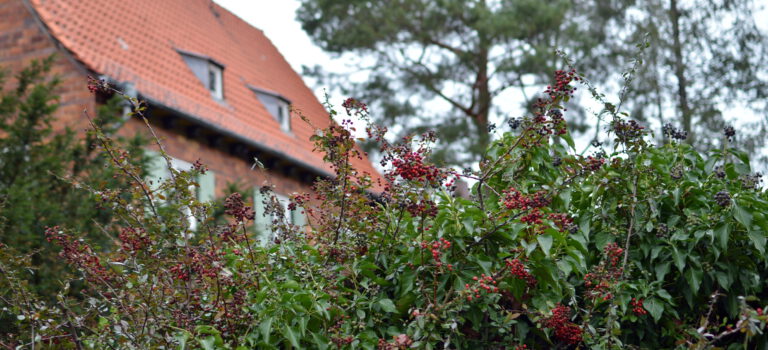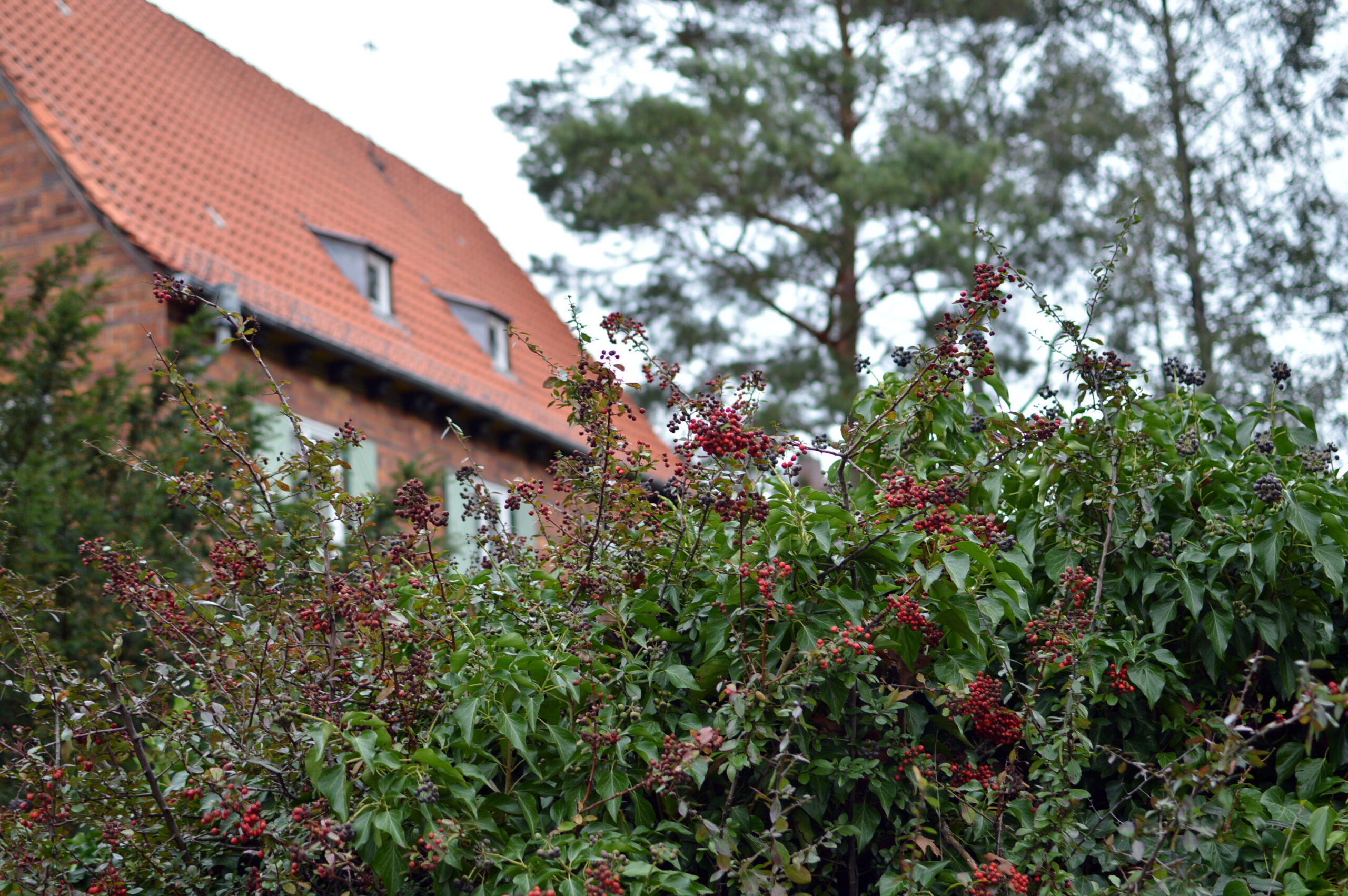He hated the Schäferberg. He really really hated it. He liked cycling and he liked the idea of cycling between Berlin and Potsdam, but this hill was too much. It was more than a hill, it was the longest slope the devil could have thought of. No matter which city you started, you always had to climb this torturing slope. 44 m in 2 km along a boring straight major road. Not even the forest on either side of the road could distract him from this eternal seeming slope from hell.
But he was gratefull to be able to commute between the two cities without having to answer any questions about his whereabout, without controlls, without fearing to be shot dead by the boarder guards.
In all those years, he had never stopped to look at the communication tower on top of it, even though it was one of the highest buildings in Berlin. Now, it looked quite impressive, dooming over the hill, the trees and the little road leading to its entrance. The entrance was closed, looked as closed as the border had been for 28 years.
When the tower had been built, after the wall which enclosed West-Berlin, it had been a connection to the Bundesrepublik, a radio link to home for many inhabitants. Malte wondered what it had been like to live in this outmost corner of the so-called free world, which had never been that free either. Certainly not in this corner. He had an uneasy feeling.
Since he couldn´t enter the area, he walked down the road, smiling about the reflector posts which appeard out of place in the middle of the wood. He crossed the main road to Potsdam and entered a residential neighbourhood. Were the houses here expensive? Some of them looked rather posh, but who wanted to live here?
He had been shocked when he learned about the nuclear reactor. Research or not, he didn´t like the idea of it. He had been afraid of atomic power since his childhood, since Chernobyl, and he still was.
It was a ghostly area to him. Everything was quiet, no one on the streets, not even cars. The first living being he saw was a dog. He was relieved to see it´s owner walking behind it.
He was even more relieved when he found out, that he couldn´t enter the area of the reactor either. Despite his fear, he would have liked to see more of the architecture and the safety measures. But at least, not everybody, not every inconspicious looking terrorist could get too close. Feeling queasy he smirked at his own faulty logic.

